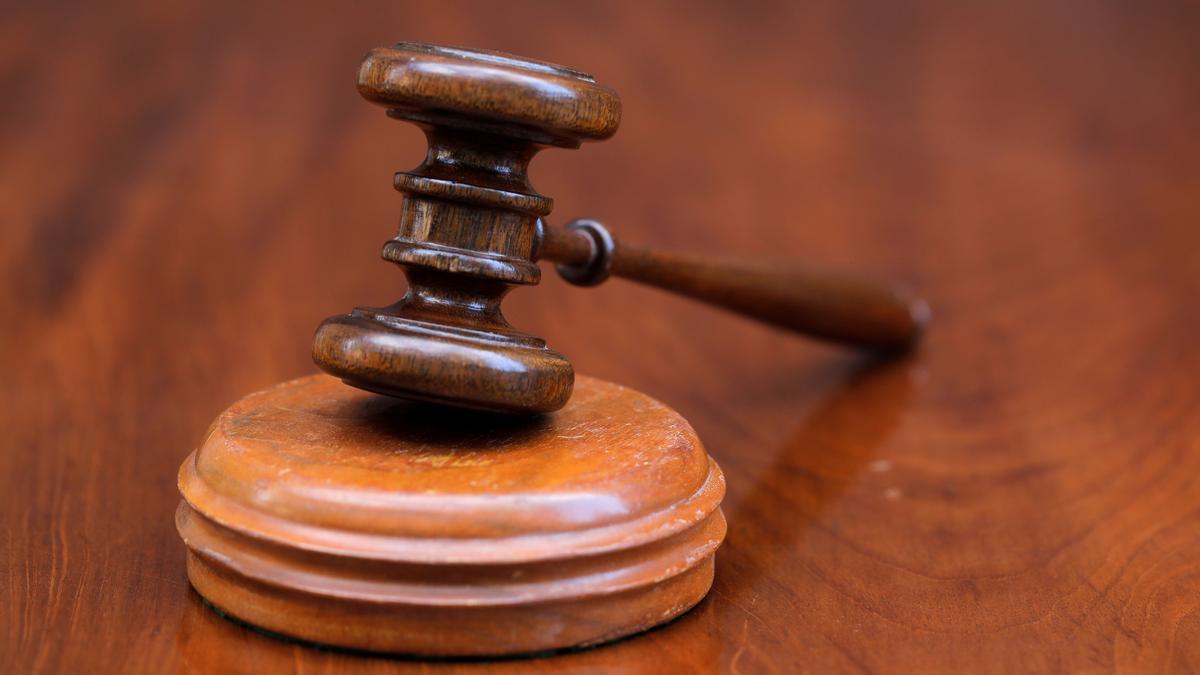
Image used for representation purpose only.
The Supreme Court Collegium’s unexpected change of mind to recommend Madhya Pradesh High Court Judge, Justice Atul Sreedharan, for the Allahabad High Court in compliance with the Union Government’s wishes instead of an earlier proposal to shift him to Chhattisgarh has brought back into focus Executive interference in judicial appointments and transfers in constitutional courts.
An October 14 ‘bare-bones’ Collegium resolution does not reveal why the Supreme Court body gave up its earlier recommendation on Justice Sreedharan. It basically conveyed in a paragraph that its re-think was motivated by a “reconsideration sought by the government”. There are no details of why the government did not want Justice Sreedharan in the Chhattisgarh High Court, where he would have been a member of that High Court’s Collegium and in a position to select future Judges. The Supreme Court Collegium had recommended Justice Sreedharan to Chhattisgarh in meetings held on August 25 and August 26. Justice Sreedharan was numbered first among 14 High Court Judges, the Collegium had proposed for transfer or repatriation in August.
Also read: Justice Atul Sreedharan transferred from J&K to M.P. High Court
In the Allahabad High Court, Justice Sreedharan would be seventh in seniority, and outside the High Court Collegium. The Supreme Court Collegium headed by Chief Justice of India B.R. Gavai did not reveal why the government’s suggestion to transfer him to Allahabad was accepted by it. The Collegium has the power of veto, and could reiterate the earlier August recommendation, following which the government would have to bend.
Justice Sreedharan’s is not the first in recent years when the Supreme Court Collegium has swayed to the government’s wishes as far as transfer of Judges were concerned. In 2018, the Centre objected to a Collegium recommendation to appoint Justice Akil Kureshi, whose decision in Gujarat ‘fake’ encounter cases had ruffled feathers, as Madhya Pradesh High Court Chief Justice. The Collegium, instead, agreed to his appointment as Tripura High Court Chief Justice, a smaller court with four Judges. Justice Kureshi was finally appointed as Rajasthan High Court Chief Justice barely six months before his retirement. Though one of the senior most High Court judges, he was not considered for the Supreme Court.
Similarly, the Supreme Court Collegium had to recall its September 2022 recommendation to appoint then Orissa Chief Justice, Dr. S. Muralidhar, as Madras High Court Chief Justice after months of waiting for the Centre to respond to the Collegium recommendation.
“The recommendation has remained pending with the Government of India without any response. Dr. Justice Muralidhar now demits office on August 7, 2023 leaving less than four months’ time. In view of this delay, the resolution recommending the transfer of Dr. Justice S. Muralidhar is recalled,” the Supreme Court Collegium had narrated in its April 2023 resolution.
Justice Sreedharan is being transferred for the third time. His first transfer from Madhya Pradesh High Court to the Jammu & Kashmir and Ladakh High Court in 2023 was based on his own request. He did not want to be judge in the same State his daughter was practising as a lawyer.
In J&K and Ladakh High Court, Justice Sreedharan was part of a Bench which struck down several preventive detention orders under the Public Safety Act.
He was repatriated to Madhya Pradesh in March 2025. Back in Madhya Pradesh, he was part of the Bench which had taken suo motu cognisance of remarks allegedly made by State Minister Vijay Shah against Colonel Sofiya Qureshi, who had briefed the media during Operation Sindoor, and ordered the registration of an FIR against the BJP leader.
In August, the Supreme Court Collegium had recommended the transfer of the Judge to Chhattisgarh High Court, where he would have been the second senior-most Judge.
Seeking a recall of the proposed transfer, NGO Campaign for Judicial Accountability and Reforms said in a statement that the “Second and Third Judges’ cases make it clear that transfers are to be in public interest and to protect the institution of the judiciary, not the convenience or interests of the Union Government. Such a change in recommendation, contrary to procedure, sends out a wrong signal to the public on the Collegium’s motives and intent”.
Published – October 22, 2025 12:44 pm IST


